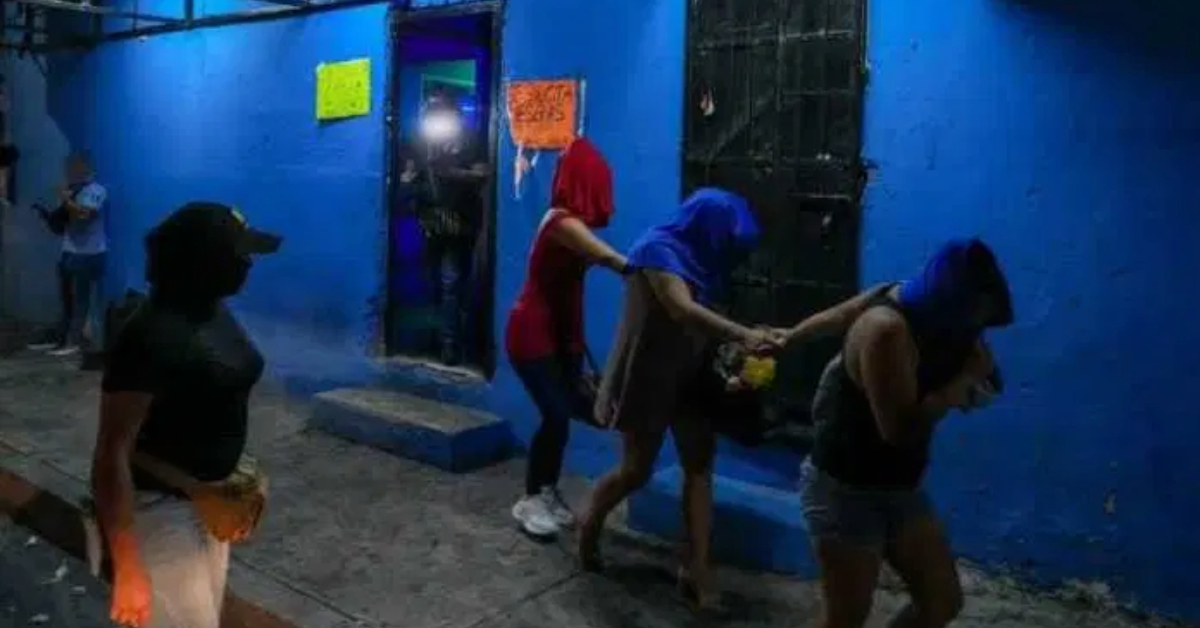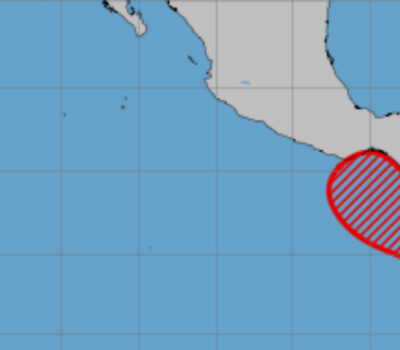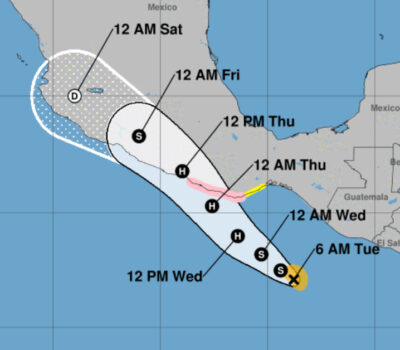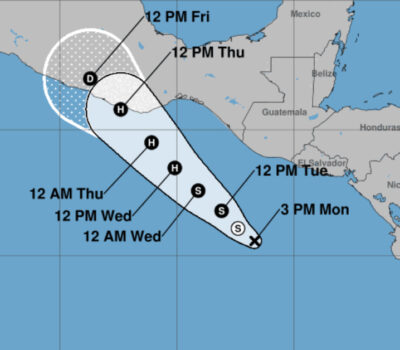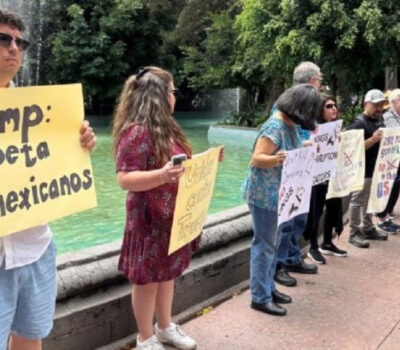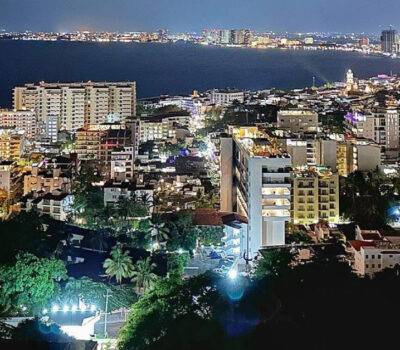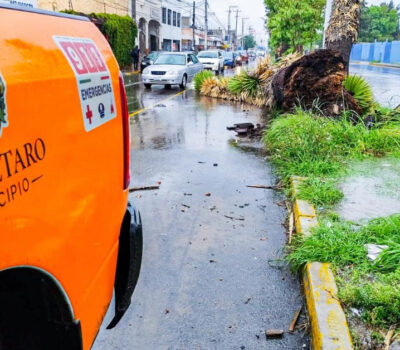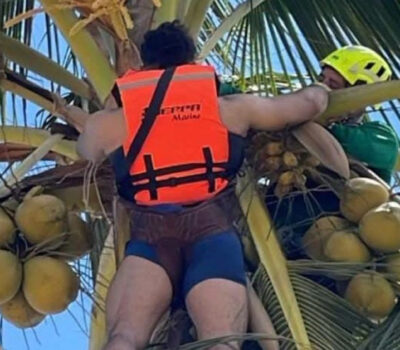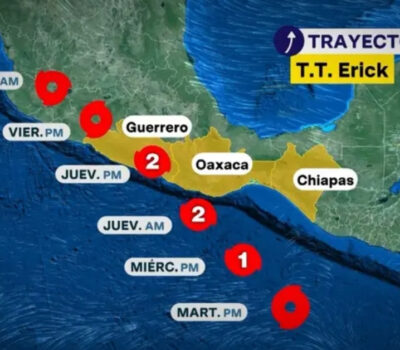Authorities in Quintana Roo rescue 16 women in Tulum, Playa del Carmen, and Cancún during coordinated raids targeting human trafficking and forced prostitution.
In a makeshift apartment in Tulum’s 2 de Octubre neighborhood, four Colombian women were rescued from a human trafficking operation masked as a job recruitment scheme. The apartment was one of several locations raided last week during a coordinated, multi-agency crackdown across Tulum, Playa del Carmen, and Cancún that resulted in the liberation of at least 16 women and the arrest of 13 individuals.
Authorities say the victims were lured via a website that promised them the opportunity to advertise “voluntary” sexual services in exchange for a membership fee. Once in Quintana Roo, however, the women were met by criminal operatives who demanded weekly extortion payments, stripped them of their freedom, and in some cases sexually assaulted them to maintain control.
“This is a crime that previously went unnoticed, but today we are confronting it firmly,” said Raciel López Salazar, the Attorney General of Quintana Roo. He praised the cooperation between municipal, state, and federal forces, which he says has made the state a national leader in human trafficking investigations and arrests.
A growing crisis
According to data from the state prosecutor’s office, from July 2023 through June 8, 2025, authorities have opened 249 human trafficking investigations in Quintana Roo. These have led to the arrest of 82 suspects and the rescue of 566 victims.
The scope of the problem is global. Of the rescued victims, 144 were foreign nationals from countries including Colombia, Venezuela, Cuba, Argentina, India, Peru, Italy, and Norway. Among the victims, 88 were minors—38 girls and 50 boys.
Officials warn that traffickers are targeting vulnerable people worldwide, exploiting them under the false pretense of safe employment in Mexico’s booming tourism hubs.
Help from abroad
The recent rescue in Playa del Carmen was made possible in part due to intervention from the Colombian Embassy in Mexico. Embassy staff alerted authorities after several Colombian women were reported missing.
“Not all that glitters is gold,” López Salazar said. “Many women, in vulnerable situations, are lured by false promises. That’s why we ask that before accepting any job offer, they go to their consulates or embassies.”
He added that transnational collaboration has proven key. Prosecutors in Quintana Roo are now working with their counterparts in Colombia and Argentina and receiving ongoing support from the Attorney General’s Office through its international attachés.
“These are transnational gangs; we are not dealing with informal criminals,” López Salazar warned.
The front line of prevention
Secretary of Government Cristina Torres Gómez emphasized the importance of verifying job offers and businesses before relocating to Quintana Roo for work. She pointed to the state’s tourism registry, which lists all legally certified businesses, and warned that any unlisted operation may not be legitimate.
“There is a large and legal job market in Quintana Roo,” she said. “But there are also networks that take advantage of those who don’t check.”
She called for increased vigilance both in Mexico and in the countries from which many victims arrive, saying governments must also do more to educate their citizens about trafficking risks.
Education and accountability
López Salazar urged migrants to remain cautious when evaluating job offers. “Those who arrive hoping for a better life should educate themselves and not trust anonymous promises,” he said. “Human trafficking is real and can be behind a supposed job offer.”
He also called for stronger inter-agency coordination, pointing to ongoing efforts with the Ministry of Education, the Ministry of Women, the Women’s Justice Center, and the state police.
“The fight against human trafficking requires a united front,” López Salazar said. “We are closing cycles of impunity by working together.”
As investigations continue, Quintana Roo officials are expected to expand collaboration with international partners, raise public awareness, and reinforce protections for vulnerable workers. Meanwhile, the victims rescued last week are receiving psychological support and legal assistance as they begin the long process of recovery.
Authorities in Quintana Roo rescue 16 women in Tulum, Playa del Carmen, and Cancún during coordinated raids targeting human trafficking and forced . . .

